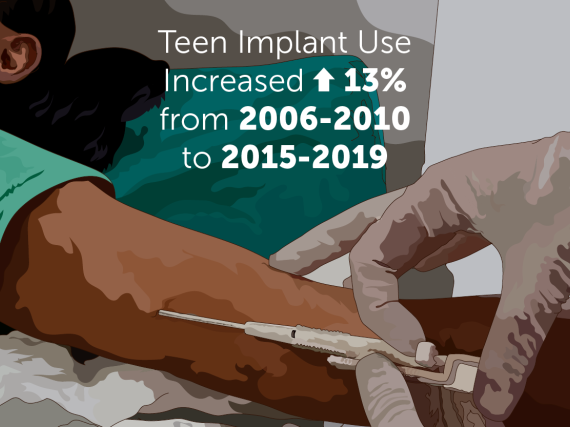Black Maternal Mortality Rises Again
The Commonwealth Fund has noted that the United States’ has the worst maternal mortality compared to the ten most similar countries. Since these findings were published in 2020, that grim news has only gotten worse. Last month the CDC reported a nearly 40% increase in the maternal mortality rate in the US. According to the newest data, there were 32.9 deaths per 100,000 live births in the US in 2021, a dramatic increase from the previous year’s 23.8 deaths per 100,000 births. This nearly 40% increase means that 861 women died in 2020, 1,205 women died a preventable, pregnancy-related death in 2021.
Sadly, the maternal mortality rate for Black women remains significantly higher than for white or Hispanic women. In 2021, Black women were 2.6 times more likely to die than their white peers, which translates to 69.9 deaths per 100,000 live births.
The World Health Organization defines maternal mortality as “the annual number of female deaths from any cause related to or aggravated by pregnancy or its management (excluding accidental or incidental causes) during pregnancy and childbirth or within 42 days of termination of pregnancy…”
The reasons for this increase—and for the disparities faced specifically by Black women—are complicated. While the COVID-19 pandemic has significantly impacted the maternal death rate, it has only intensified an existing crisis.
A second Commonwealth Fund brief shows that factors not related to coronavirus that may contribute to the rising death rate include:
- Not having a regular doctor or place of care.
- Delaying or skipping health care due to cost.
- Inadequate prenatal care.
- A high rate of C-sections.
Additionally, America has overall higher rates of chronic illnesses such as obesity, diabetes, and hearth disease, all of which can make pregnancy more dangerous. These illnesses, in particular, likely play a role in the Black maternal mortality rate as all these conditions, as well as stroke and hypertension, are more prevalent among Black people. It is also the case that these conditions are more likely to develop around a decade sooner among Black people compared to white people.
This disparity can also likely be explained by structural racism and many social determinants of health. Black women have faced historical and systemic racism in family planning care and still face discrimination and bias today, which research has shown results in Black women receiving lower quality of care than white women.
Not being able to access health care—or not receiving health care that values you as a person—can have lasting consequences. The challenges faced by Black people throughout the country as they seek to achieve reproductive well-being will not decrease until investment is made into practices and solutions that incorporate the true needs, wants, and desires of Black women.



